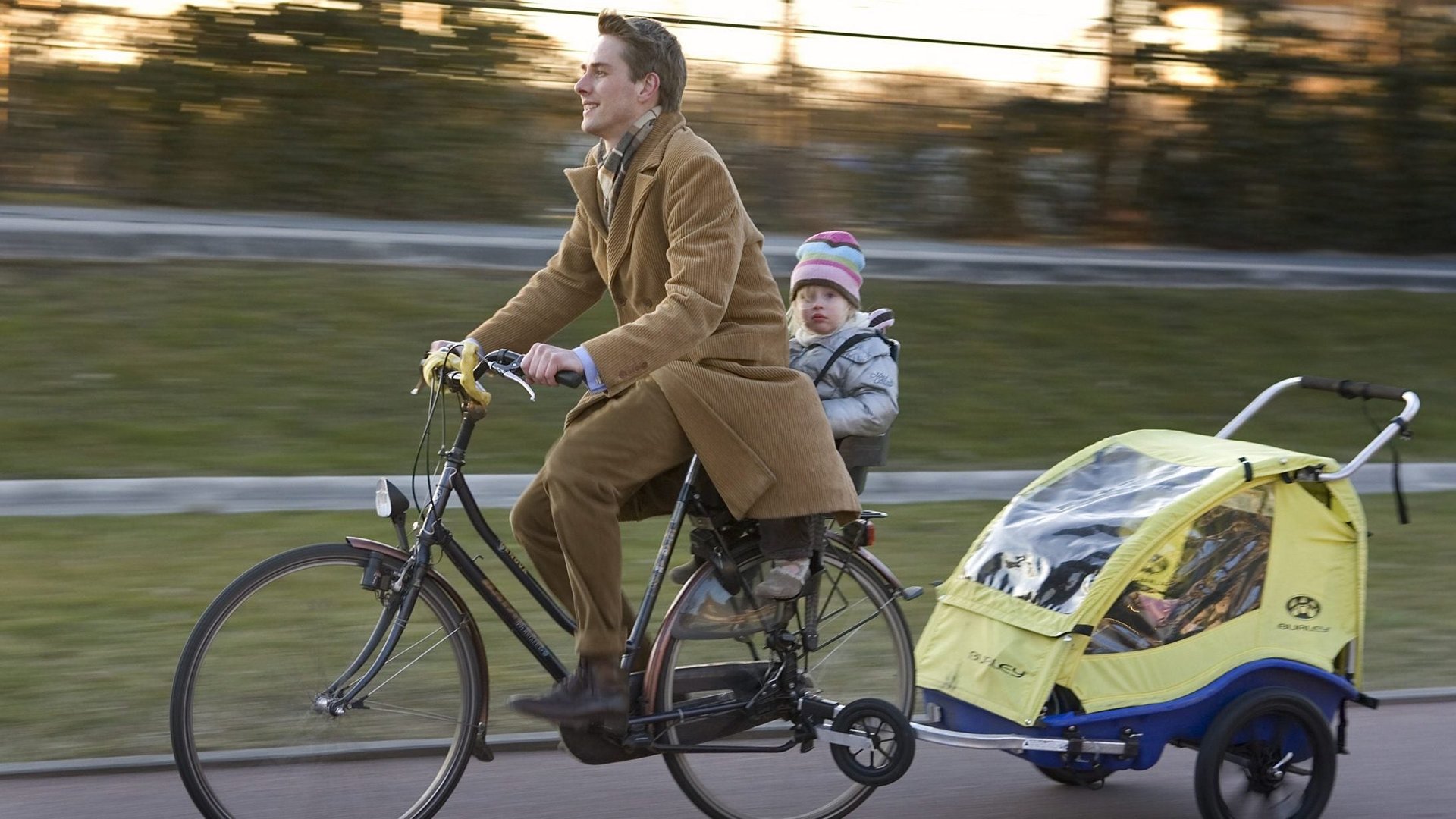Even Nordic dads don’t take their fair share of parental leave
If the world’s 190-some countries were a classroom, Nordic countries would be the star pupils. Sweden, Norway, Finland, Iceland, and Denmark consistently score the highest across a broad range of indicators, from social welfare to corruption, criminal justice, and gender equality. Nowhere is this more obvious than family-friendly policies. The assumption that these countries are the best place to have and raise children is so entrenched that it might almost be boring to write about.


If the world’s 190-some countries were a classroom, Nordic countries would be the star pupils. Sweden, Norway, Finland, Iceland, and Denmark consistently score the highest across a broad range of indicators, from social welfare to corruption, criminal justice, and gender equality. Nowhere is this more obvious than family-friendly policies. The assumption that these countries are the best place to have and raise children is so entrenched that it might almost be boring to write about.
But a new report adds nuance to the received wisdom. The report was written by Carl Cederström, an associate professor of organization theory at Stockholm University, in cooperation with the gender equality nonprofit MÄN and Promundo. It was commissioned by the Nordic Council of Ministers for Gender Equality. It states that fathers avail of relatively little parental leave, even in countries with the most generous parental leave policies in the world. “That shows us how sticky and slow-to-change these ideas of who does the caregiving really are, even in the countries of the world that are the most advanced on it,” says Gary Barker, president of Promundo and a contributor to the report.
In the first few years of a child’s life, healthy development depends on having stable, loving, and responsive relationships with adult caregivers. Children’s relationships with their parents are particularly important. But in too many places in the world, fathers are not as involved in their children’s early years as they could be. ”What makes fathers so important to children is not that they add something distinctly different to their children’s life by virtue of their gender,” states the report. “What they add is the presence of another parent, who is capable of providing social, physical and emotional support.”
Icelandic and Swedish fathers take about a third of the total available leave, the report found, Norwegian dads take about 20%, and Danish and Finnish dads avail of roughly 11%.
The report relied on an online questionnaire administered to 7,515 people, evenly distributed among the five Nordic countries. The survey was adapted from Promundo’s “Helping Dads Care” study. Three quarters of the respondents, or 5,575 people, are parents, and 85% of them had taken at least two weeks of parental leave. The aim of the survey was to compare the attitudes and opinions of parents who took different lengths of leave.
The report’s main limitation is that it relies on online self-reporting. It means that the sample of respondents may not be fully representative of their countries’ populations, and the data collected reflects respondents’ opinions and beliefs.
Nordic countries are often treated as indistinguishable in terms of their social welfare policies, but this report shows there are important differences between them. As a group, they offer the most generous parental leave policies in the world—between 40 and 69 weeks, with anywhere from 70 to 100% of pay. Some of the countries, including Finland, also allow parents to extend their leave beyond the legal minimum and receive some form of social subsidy. But while Iceland, Sweden, Finland, and Norway earmark some of those weeks for fathers (the so-called “daddy quota”), Denmark does not. Studies have shown that fathers take more leave in countries with these types of policies.
“[I]f you allow it to be the family’s choice of how they divide [parental leave] up, the world still pushes mothers to take more of it,” says Barker. “If you want to achieve equality in terms of who does the care work, the use-it-or-lose-it days for fathers are really necessary. Otherwise we just keep the status quo.”
Of the parents interviewed in the survey, nearly 80% of mothers took leave for more than six months, compared to just over 5% of fathers. More than half of fathers took leave for two weeks to one month, which only 6% of mothers did. This means fathers are spending less time with their infants at a crucial time in their development, says Barker, and it keeps countries “on a pathway that continues to see women as the main caregivers and dads as helpers, and fathers as the main providers, and women’s income as supplement.” “We miss an opportunity to really take a full step towards gender equality,” he adds.
So if even Nordic countries don’t have it completely right, who does? No one, says Barker. But these countries are at least putting in the time, effort, and resources to find out why dads don’t take leave and what might motivate them to change. “They realize there’s no easy solutions on this,” he explains, “but simply offering equitable leave is not enough.”
Read more from our series on Rewiring Childhood. This reporting is part of a series supported by a grant from the Bernard van Leer Foundation. The author’s views are not necessarily those of the Bernard van Leer Foundation.
Correction: An earlier version of this article stated that the author of the report was Promundo. The author of the report is Carl Cederström. Promundo managed the production of the report.